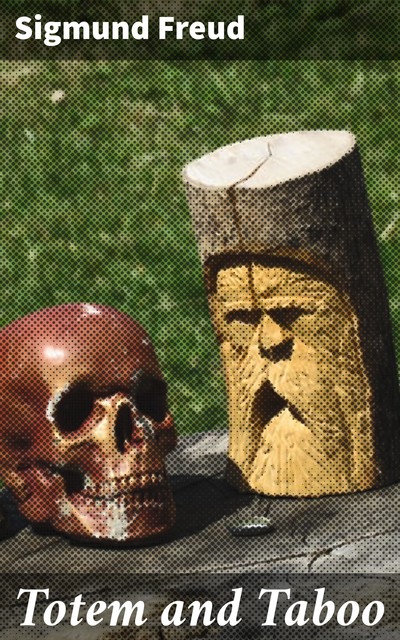Totem and Taboo
227 бумажных страниц
- Правообладатель
- Bookwire
- Дата публикации оригинала
- 2019
- Год выхода издания
- 2019
- Издательство
- Good Press
Впечатления
- Jovani González Hernándezделится впечатлением4 года назад👍Worth reading🔮Hidden Depths💡Learnt A Lot
Цитаты
- Ольга Дмитриевацитирует3 года назадthem. Most of the exceptional positions and conditions have this character and possess this dangerous power. The king or chieftain rouses envy of his prerogatives; everybody would perhaps like to be king. The dead, the newly born, and women when they are incapacitated all act as incitements on account of their peculiar helplessness, while the individual who has just reached sexual maturity tempts through the promise of a new pleasure. Therefore all these persons and all these conditions are taboo, for one must not yield to the temptations which they offer.
- Ольга Дмитриевацитирует3 года назадut a person may become permanently or temporarily taboo without having violated any taboos, for the simple reason that he is in a condition which has the property of inciting the forbidden desires of others and of awakening the ambivalent conflict in
- Ольга Дмитриевацитирует3 года назадThe basis of taboo is a forbidden action for which there exists a strong inclination in the unconscious.
fb2epub
Перетащите файлы сюда,
не более 5 за один раз


